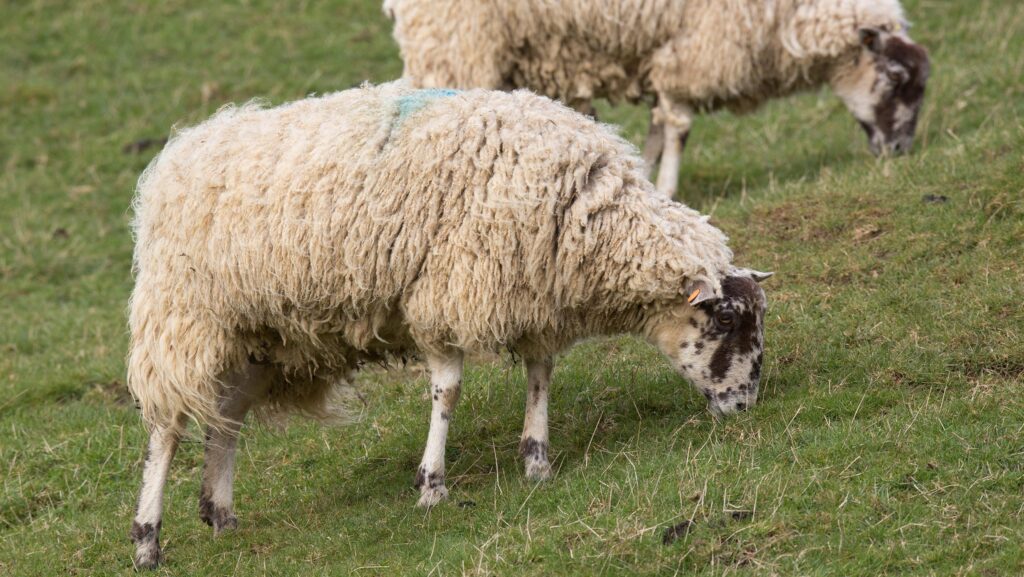‘High risk’ of further UK bluetongue cases, says Apha
 © Tim Scrivener
© Tim Scrivener Livestock farmers in the eastern counties are being told to brace themselves for a possible explosion of bluetongue cases in the coming weeks following confirmation that the disease has reached the shores of Norfolk.
The first case of the highly contagious BTV-3 strain of the disease was reported last weekend in a single sheep at a mixed farm near Haddiscoe, in the south of the county.
A 20km temporary control zone (TCZ) was immediately put in place, with all farmers in the area subject to movement restrictions of susceptible animals and their germinal products.
See also: First case of bluetongue this season found in Norfolk
But the Animal and Plant Health Agency (Apha) fears that, given the current warm temperatures and midge activity, there is a “high risk” of onward spread in the UK.
Simon Gubbins, group leader in transmission biology at the Pirbright Institute in Surrey, which is involved in the bluetongue monitoring operation, agrees.
“Temperatures in East Anglia have been suitable for onward spread for the past few weeks and will remain so for at least the coming week,” he said.
Further cases
It is understood that government vets, who are currently testing ruminant blood samples in the TCZ and beyond, are finding further animals with clinical symptoms.
Livestock industry representatives fear it is only a matter of time before these BTV-3 suspects are confirmed and the control zone is extended.
One source involved in dialogue with government says these cases relate to a “plume” of midges that was blown over from the Continent, where the disease is rife, on 11 August, and that wind would have pushed the disease-spreading insects far inland.
“The Met Office has said this is the one day when the conditions were perfect, and all the suspect cases now being spotted relate to that plume, rather than a general circulation of the disease in the UK – though that could well be the next progression,” said the source.
Vaccination
The arrival of the BTV-3 virus in the UK has rekindled the debate about vaccination.
Currently, there are three vaccines available, which have been given emergency authorisation in the Netherlands and Belgium. But so far Defra has not granted a licence for use in England.
The NFU remains cautious on this. “We would be sanctioning a vaccine that has not been scientifically proven,” said NFU Dairy Board chairman Paul Tompkins.
“In the Netherlands, we know that it is not 100% effective – it can reduce symptoms, but it does not slow the spread.
“There are also trade implications, as we would not be able to export meat or livestock if we were using the vaccine. And if it did not work, it would undermine farmer confidence in vaccines generally.”
Spread
Latest figures show continued spread of BTV-3 on the Continent, with 5,235 cases now recorded in the Netherlands, 1,261 in Belgium, and more than 4,500 in Germany.
France, Luxembourg and Denmark have also confirmed their first ever bluetongue cases.
Defra is urging keepers of cattle, sheep, other ruminants and camelids to remain vigilant and report anything suspicious.
Symptoms in sheep include fever, swelling of the head and neck, lameness, inflammation of the mucous membranes, and often high mortality.
Free testing is available for animals moving from the highest risk counties of Norfolk, Suffolk, Essex, Kent and East Sussex, including on animals sold at a market for movement to the rest of Great Britain.
